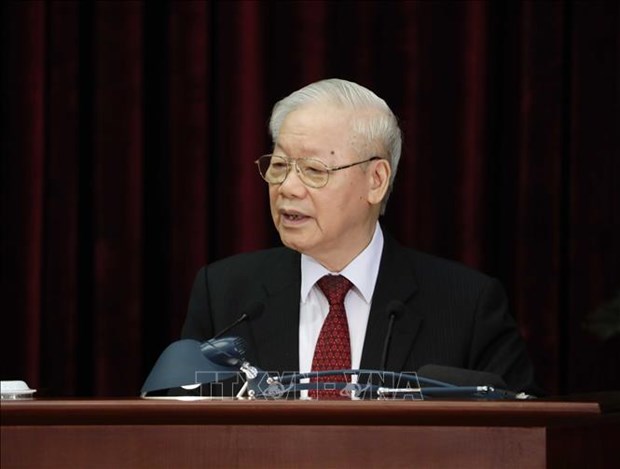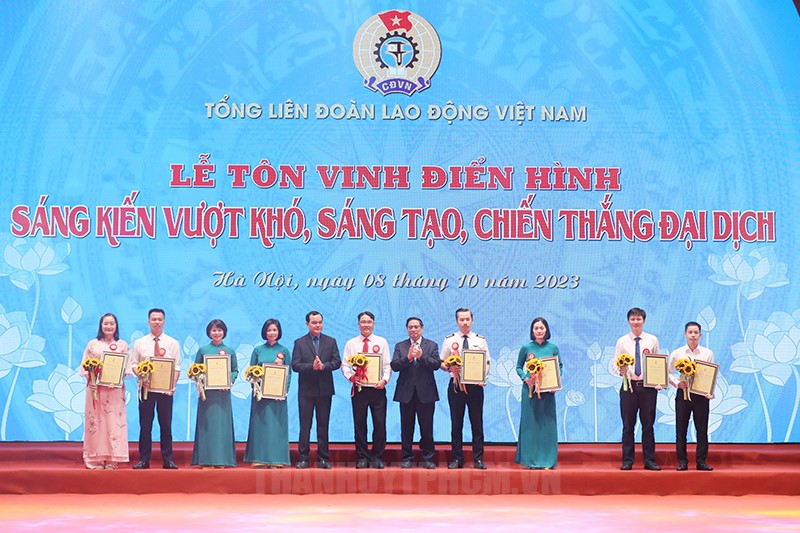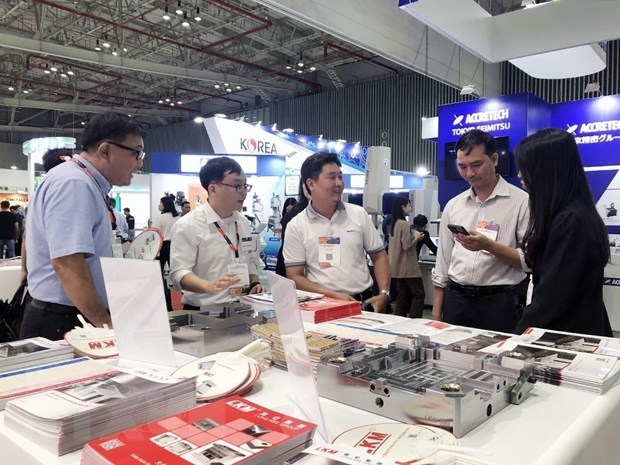So far, Vietnam has taken several steps in fulfilling its commitments under the JETP, such as establishing a steering committee, approving an action plan, forming a secretariat with specialised working groups, he said.
Ha also added that it is time to devise specific plans for the joint tasks in which the Government will lead the private sector in the energy transition process to develop renewable energy centres or convert coal-fired power plants into those that use cleaner fuel.
He said the Vietnamese Government has approved the National Power Development Plan for the 2021-2030 period, with a vision to 2050, which allocates a significant space for renewable energy. Recently, Vietnam has selected leading enterprises to conduct surveys and prepare for the pilot implementation of an offshore wind power project.
In his suggestion, leading firms of the UK and EU should cooperate with Vietnam to embark on specific projects, during which the Governments work together to address obstacles as they arise.
He also hinted at the possibility of establishing a research centre focused on mechanisms, policies, and technical science for energy transition in Vietnam. This centre would involve the participation of government officials, scientists, businesses, financial institutions, and more in order to propose new cooperation mechanisms between developing and developed countries.
Stelbaczky and Taylor shared their plans to pool collective resources for the JETP implementation through specific projects with practical approaches and actions. The officials said they want to join regular exchange mechanisms to propose concrete and effective solutions during the implementation process in Vietnam.
Taylor believed that both bilateral and multilateral coordination mechanisms within the JETP play a crucial role in the successful implementation of renewable energy projects./.

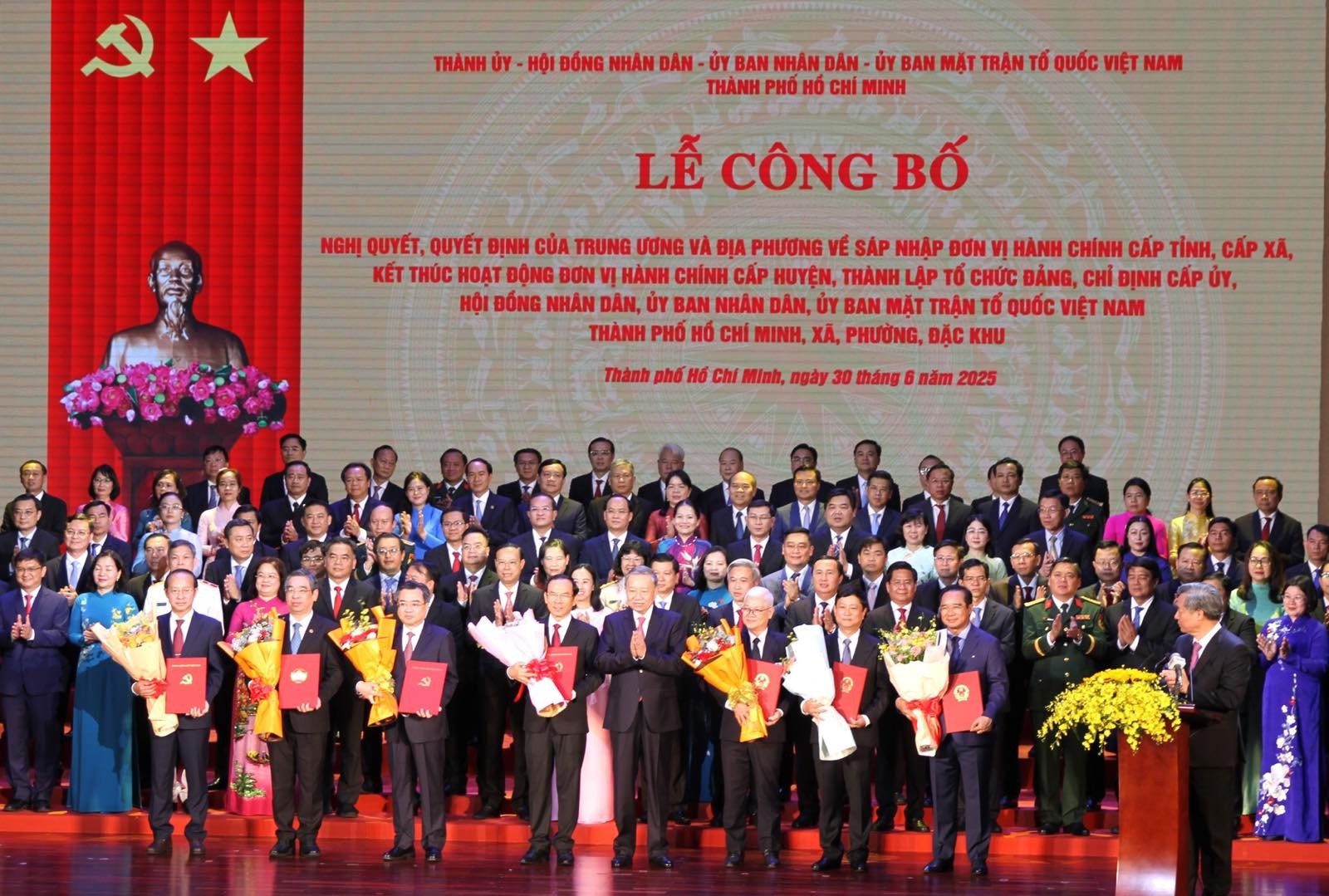
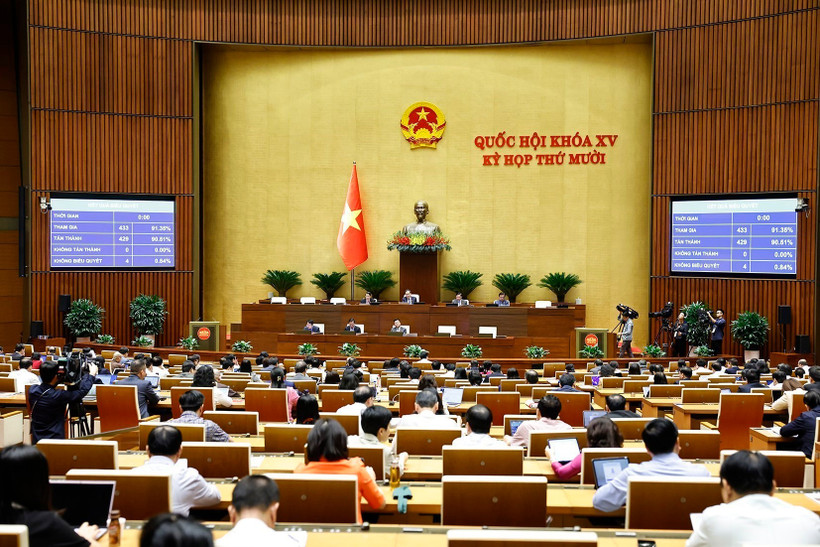
.jpg)

